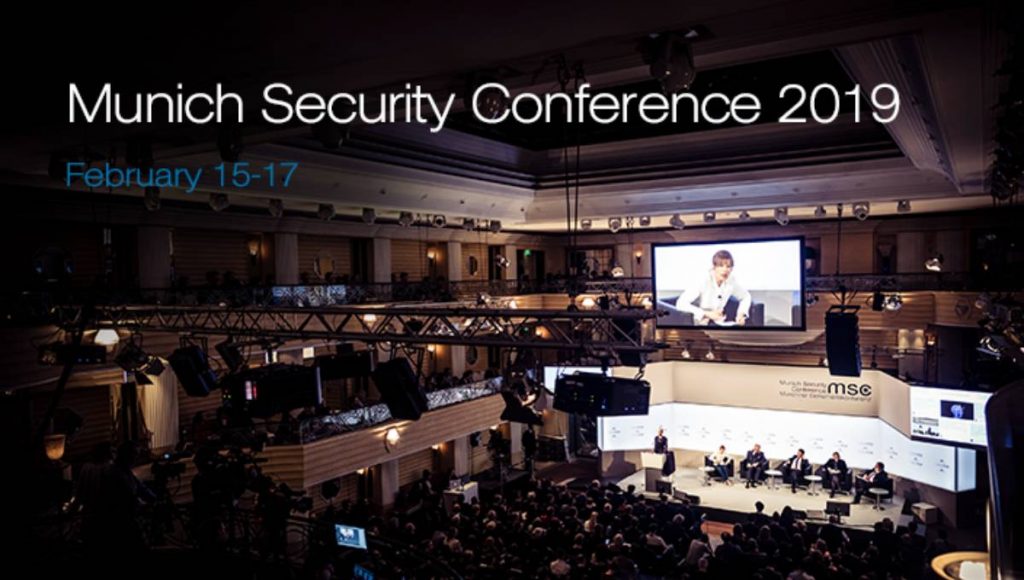Munich, Feb 15 (UNB) – The three-day Munich Security Conference (MSC 2019) began here on Friday to discuss the future of arms control and cooperation in defence policy as well as examine intersection between trade and international security, effects of climate change and technological innovations on the international security.
The MSC has brought together over 450 senior decision-makers and thought-leaders from around the world to engage in an intensive debate on current and future challenges of human security.
German Chancellor Angela Merkel, Afghan President Mohammad Ashraf Ghani and Egyptian President Abd al-Fattah as-Sisi, Prime Minister of Bangladesh Sheikh Hasina, member of the 19th Politburo of the Chinese Communist Party Yang Jiechi, Romanian President Klaus Iohannis, Ukraine President Petro Poroschenko, President of Rwanda Paul Kagame and Emir of Qatar Sheikh Tamim bin Hamad Al Thani are attending the conference.
Over 40 other foreign and defence ministers from the EU and Nato, Russia, Iran, Iraq, Qatar, Pakistan and the Philippines are also taking part in the conference.
The conference began with the welcome speech of MSC 2019 Chairman Ambassador Wolfgang Ischinger. Federal Minister of Defence of Germany Ursula Von dear Leyen and UK Secretary of State for Defence Gavin Williamson delivered opening statements.
Over the course of the past five decades, the Munich Security Conference (MSC) has developed into the world’s leading forum for the debate of international security policy.
Repeatedly rated as “Best Think Tank Conference” in the world, the MSC provides a one-of-a-kind opportunity to discuss policy at the highest level in a protected and informal space.
In addition to its annual flagship conference, the MSC regularly convenes high-profile events on particular topics and regions and publishes the Munich Security Report.
The goal of the conference is to provide the best possible platforms for an open exchange ofopinions, ideas, and solutions on the critical security policy issues.




